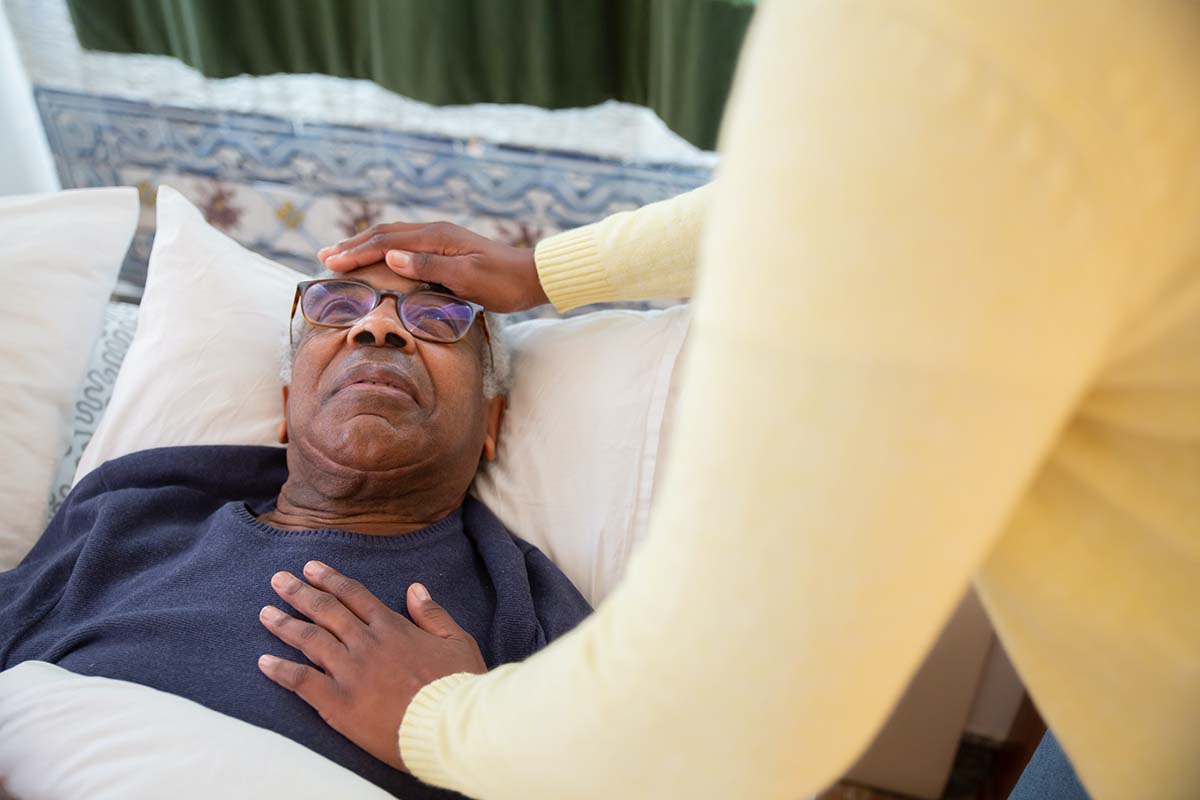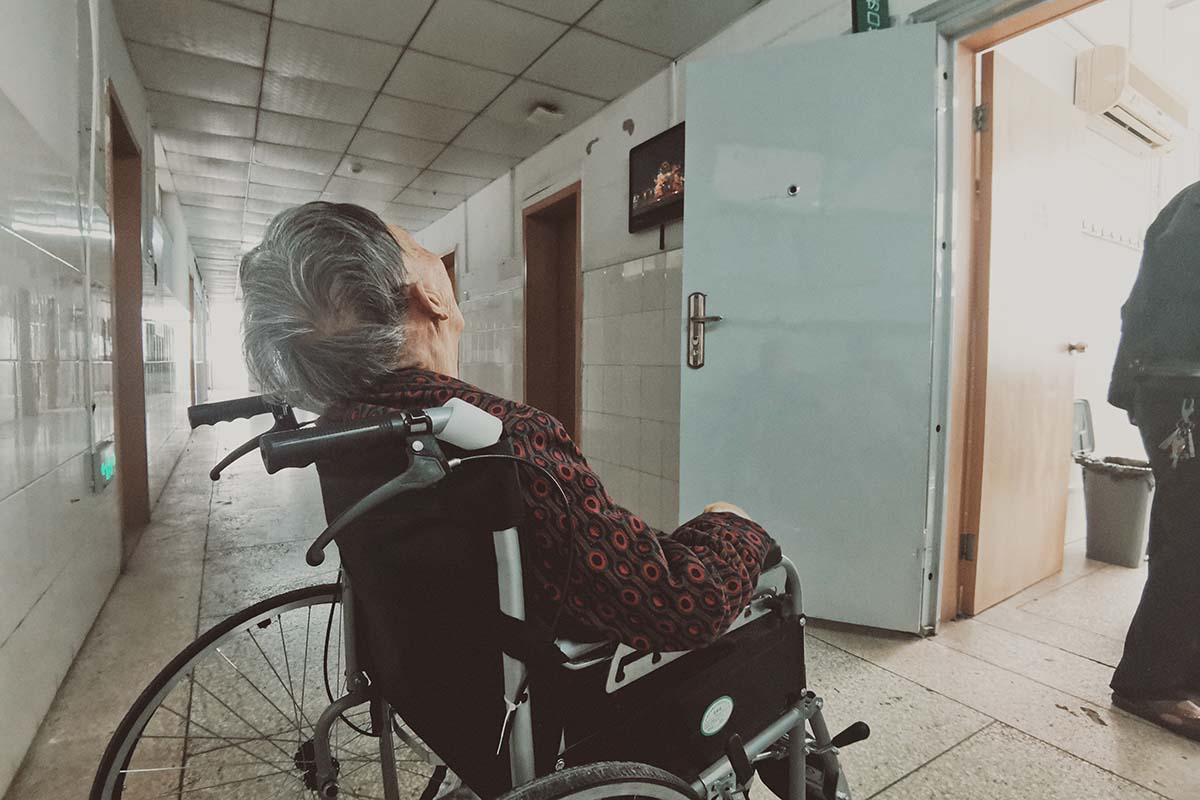Learn How To Recognize And Protect Your Relatives
Elder abuse is intentional or negligent acts that harm or distress older people.
It can be physical, emotional, sexual, financial, or neglectful, often unreported. Addressing this issue is crucial, as it violates seniors’ rights and jeopardizes their well-being.
Elder abuse leads to physical and psychological health problems like anxiety, depression, chronic pain, and loss of autonomy.
Because of the impact this can have on an older person, it’s crucial that as soon as you see signs of nursing home abuse you contact a legal expert who will be able to represent them and tackle the problem for good.
Identifying and preventing elder abuse is essential for seniors to live with dignity and safety. Here are tips to recognize and protect your relatives from abuse.
Observe Physical Changes
Pay close attention to sudden or unexplained physical changes in your elderly relatives. Such changes can often be a sign of physical abuse or neglect.
Look for bruises, cuts, burns, sprains, or fractures that cannot be adequately explained.
Frequent injuries, mainly if they occur symmetrically on two sides of the body, can signify abuse. Similarly, signs of restraint, like rope marks or welts, should be cause for immediate concern.
Bed sores or pressure ulcers indicate neglect resulting from prolonged pressure on the skin due to lack of movement or care.
Contact Nursing Home Bed Sore Lawyers in Chicago, or anywhere else for legal assistance if you’re dealing with bed sores.
Changes in weight or signs of malnutrition may also suggest improper nourishment. Remember that elder abuse is often hidden, so staying in touch and being observant is crucial in promptly identifying and addressing such issues.
Monitor Emotional Well-being
Monitoring your relatives’ emotional well-being for signs of abuse is also essential. Watch for changes in their behavior or attitude toward others, including sudden fear, distress, confusion, or agitation.
These could indicate emotional abuse, such as verbal intimidation or psychological manipulation.
If you notice that they are withdrawing from activities they usually enjoy or have become emotionally distant, this could be a sign of neglect.
Consider if their caregivers act indifferently or disrespectfully towards them, as this could be a sign of abuse. Talk with them to get an insight into their emotional states and observe how the caregivers interact with them.
Check Financial Habits
Reviewing your elderly relatives’ financial status can provide crucial insight into potential financial abuse.
Watch for unusual bank account activities, such as large, frequent, or unexplained withdrawals or transfers.
The sudden appearance of new loans, credit cards, or changes in their will or other financial documents may also be signs of financial exploitation.
Neglect may be shown by unpaid bills, disconnection notices, or lack of medical care despite having enough money.
If they express unwarranted anxiety about money or their standard of living does not match their income or assets, these changes could be due to financial abuse.
Building a relationship with their financial institutions can help you stay informed and act promptly if you notice suspicious activities.
Look Out For Signs Of Neglect
Elderly individuals are especially vulnerable to neglect because of their physical limitations.
Frequently assess your relative’s home environment and cleanliness, check for signs of pests or mold, and check if their living space is adequately heated or air-conditioned.
Pay attention to whether they receive medical care on time and ensure their medications are administered correctly.
If you notice any lapses in necessary care, such as inadequate hygiene or failure to provide nutrition, consult a legal expert.
Speak to the Elderly Person
The most crucial step in protecting your elderly relatives from abuse is directly engaging with them and assessing their situation.
Ask how they are doing, solicit feedback on their caregivers, and ensure that their needs and wishes are addressed adequately.
Listen to them without judgment or assumption – this will signal that you take their concerns seriously and encourage them to open up about potential issues.
Be aware of any signs of manipulation or changes in their behavior around certain people, and be particularly vigilant if they appear scared or reluctant to talk about some issues.
Furthermore, make sure that the elderly person is free to visit with whomever they choose – this will help you better understand their situation and identify any potential problems.
Pay Attention to Their Health
Assess your elderly relatives’ physical and mental health regularly and monitor them for any changes in their condition.
Observe their mobility, cognition, activities of daily living, diet, sleep cycle, and pain levels – all these indicators can provide insight into the extent of abuse or neglect they face.
Furthermore, please pay attention to whether they can access necessary medical services, such as physical and occupational therapy.
Issues with mobility or cognition can be early signs of elder abuse or neglect – so it is essential to take them seriously and act promptly if needed.
Elder abuse is real, but you can protect your elderly relatives by being vigilant and informed about the warning signs.
Understand their needs, regularly check in, and have conversations to create a comfortable and safe environment. These actions ensure they live a dignified and comfortable life.





















